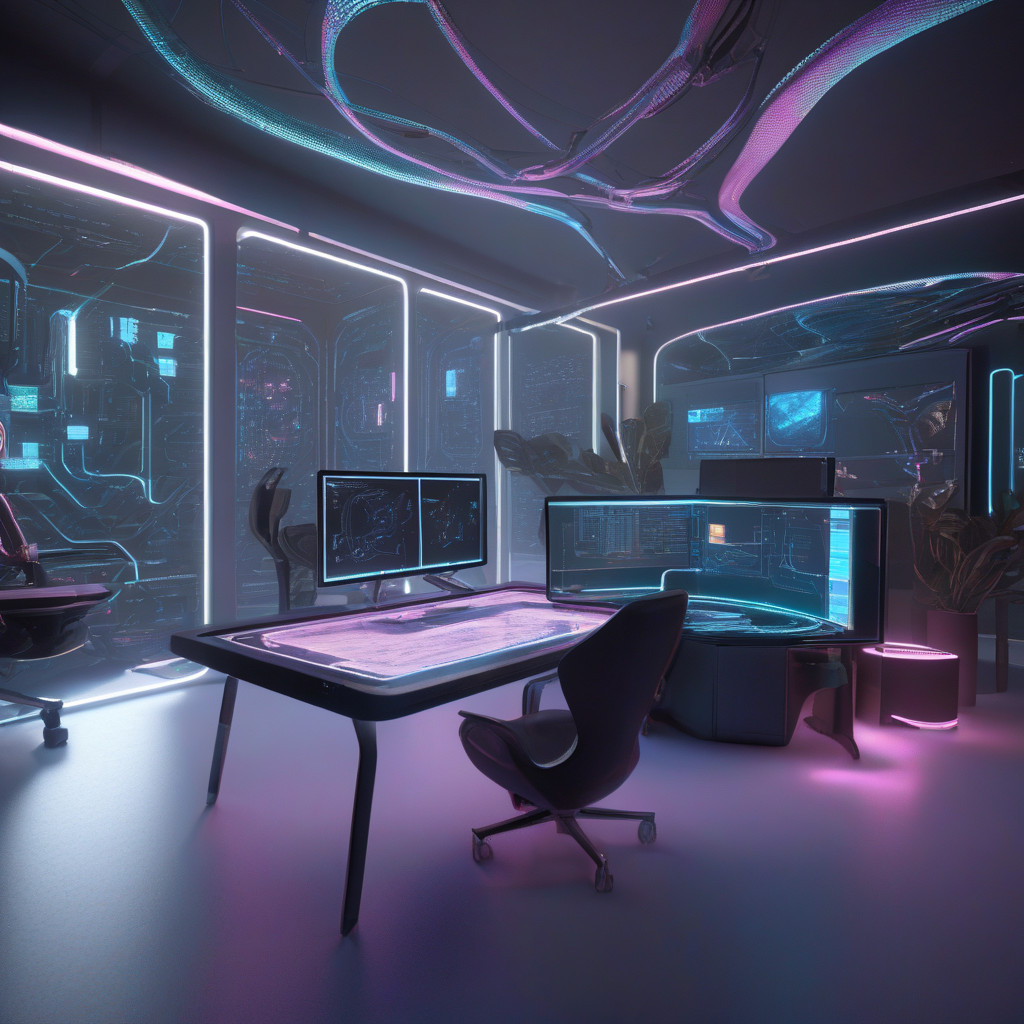If I were to rewind the clock and begin my Python learning journey in 2025, I would approach it with a blend of tried-and-true methods and innovative resources tailored to the current tech landscape. With over six years of Python programming under my belt, I have honed my skills through practical experience and continuous learning. However, the ever-evolving nature of technology demands a fresh perspective on mastering this versatile programming language.
To embark on this hypothetical relearning journey, I would first leverage interactive online platforms like Codecademy, Coursera, or edX. These platforms offer comprehensive Python courses that cater to all skill levels, providing a structured learning path with hands-on exercises and projects. By immersing myself in these interactive modules, I could reinforce foundational concepts while staying abreast of the latest Python advancements.
Simultaneously, I would delve into community-driven learning by joining Python forums, attending virtual meetups, and participating in open-source projects. Engaging with fellow Python enthusiasts not only fosters a sense of camaraderie but also exposes me to diverse perspectives and real-world applications of the language. Collaborating on open-source projects would not only enhance my coding skills but also expand my professional network—a valuable asset in the tech industry.
In 2025, the importance of cloud computing and data science continues to soar, making it imperative for aspiring Python developers to acquire relevant skills. Therefore, I would focus on mastering Python libraries like Pandas, NumPy, and TensorFlow to delve into data analysis, machine learning, and artificial intelligence. By delving into these specialized domains, I could carve a niche for myself in the competitive tech landscape while staying abreast of industry trends.
Furthermore, staying updated with the latest Python trends and best practices is essential for continuous growth. Subscribing to reputable tech blogs, following Python influencers on social media, and attending virtual conferences would keep me informed about cutting-edge tools, frameworks, and techniques. By embracing a lifelong learning mindset, I could adapt to the dynamic nature of technology and future-proof my Python skills.
In this hypothetical scenario, I would also prioritize practical application over theoretical knowledge. Building real-world projects, contributing to GitHub repositories, and taking on freelance gigs would not only solidify my understanding of Python concepts but also showcase my expertise to potential employers. By creating a diverse portfolio of projects spanning web development, automation, and data analysis, I could demonstrate my proficiency in Python across different domains.
Moreover, seeking mentorship from experienced Python developers and seeking feedback on my code would be instrumental in refining my skills. Constructive criticism and guidance from seasoned professionals can offer valuable insights, correct any misconceptions, and accelerate my learning curve. By humbly accepting feedback and continuously improving my craft, I could elevate my Python proficiency to new heights.
In conclusion, if I were to start my Python learning journey afresh in 2025, I would adopt a multifaceted approach that combines online courses, community engagement, specialization in emerging technologies, continuous learning, practical application, and mentorship. By amalgamating these strategies and staying adaptable in the face of technological advancements, I could navigate the ever-evolving Python landscape with confidence and competence. This proactive and holistic approach to learning Python would not only enhance my skills but also position me as a proficient Python developer ready to tackle the challenges of tomorrow’s tech industry.

